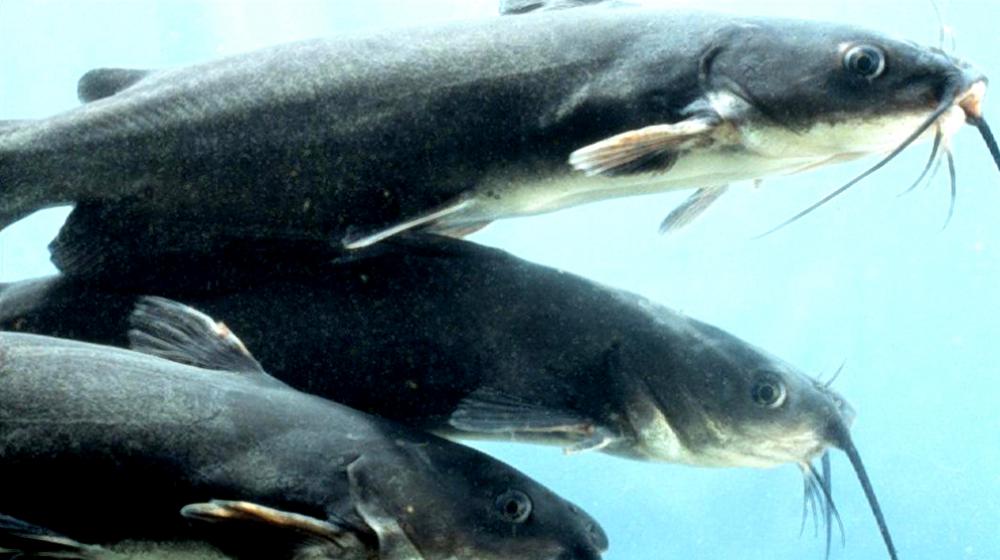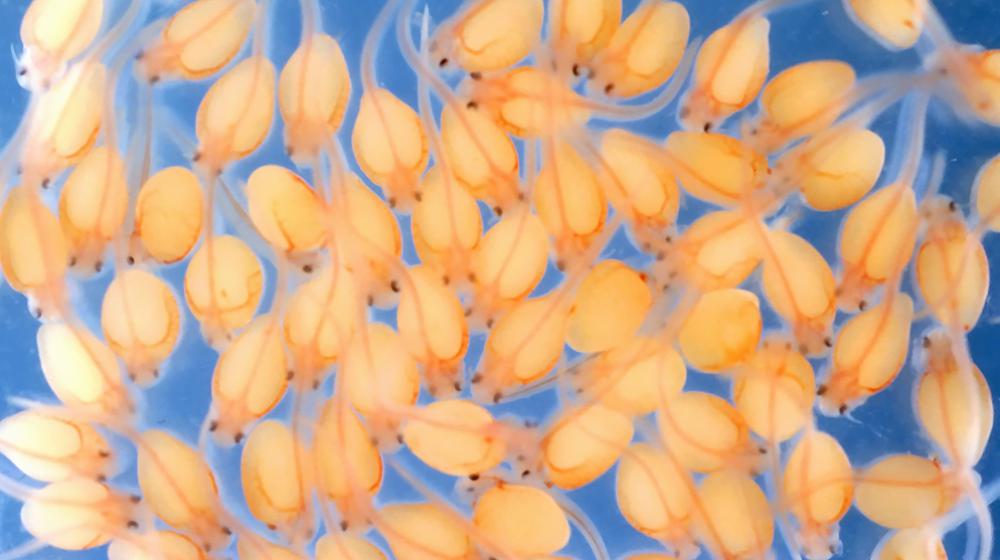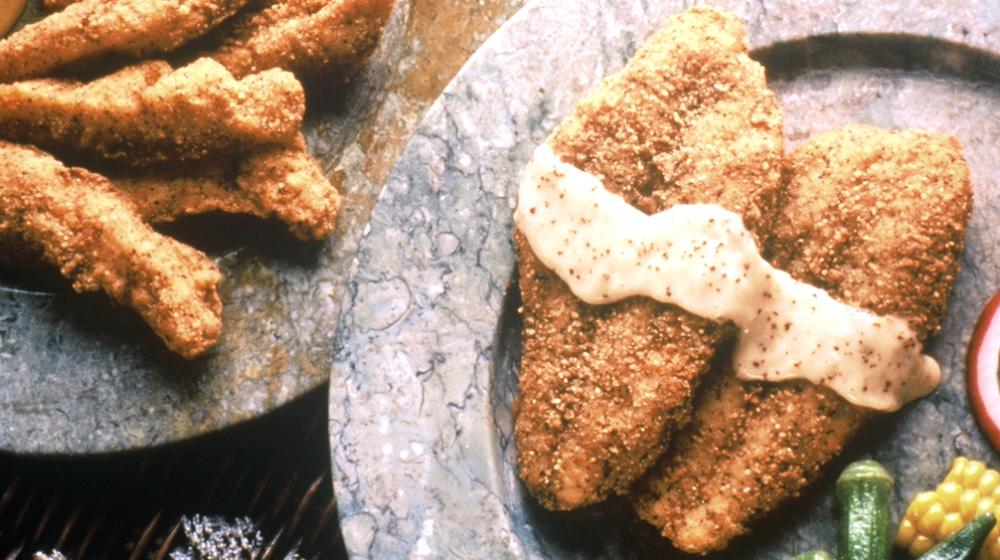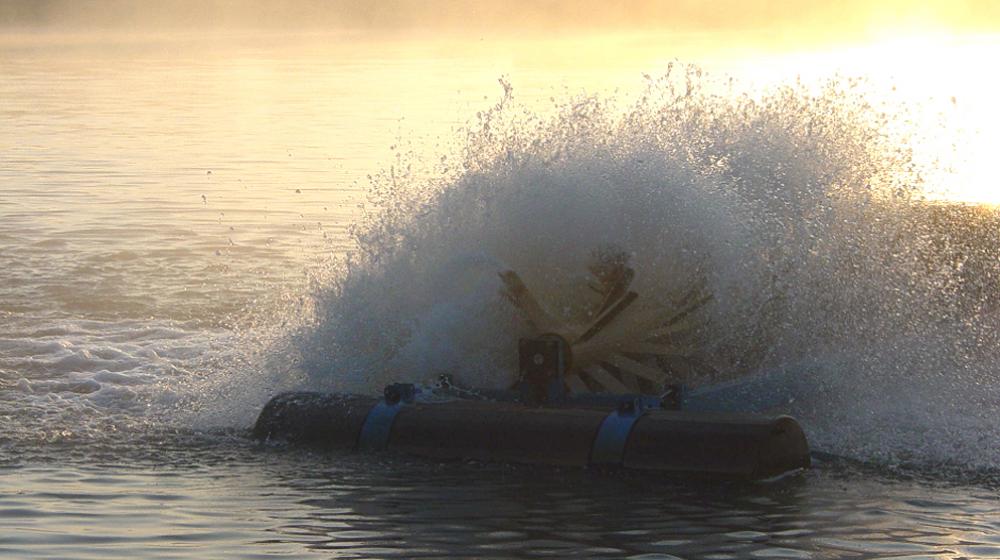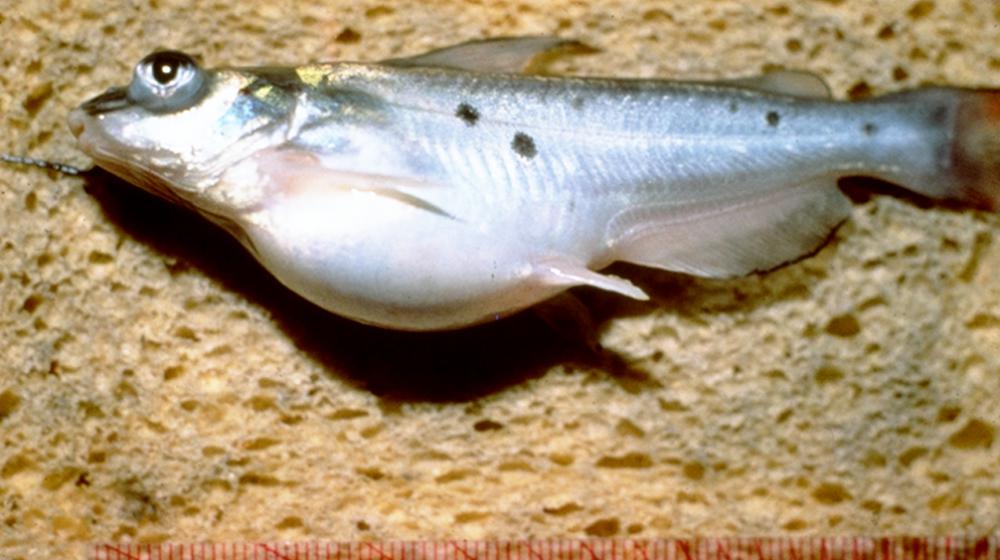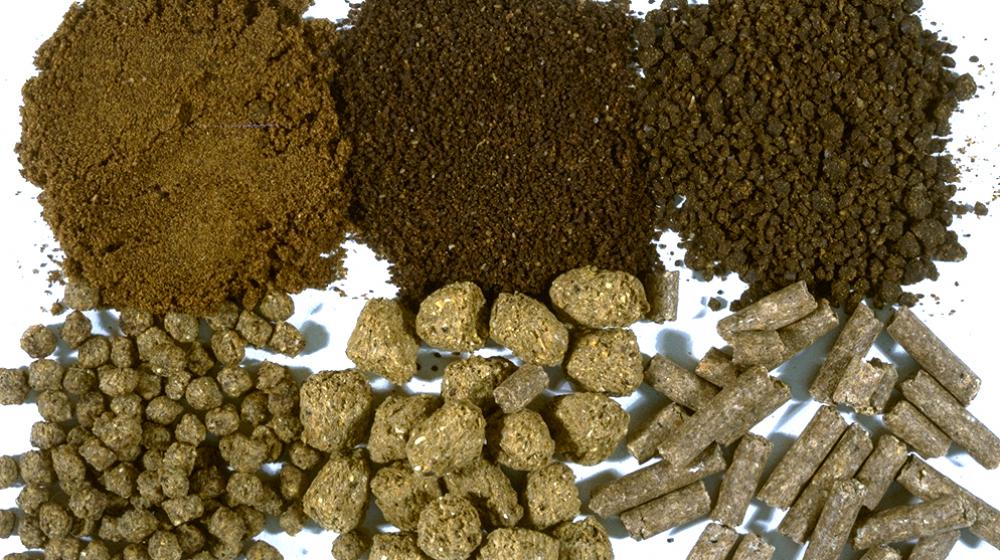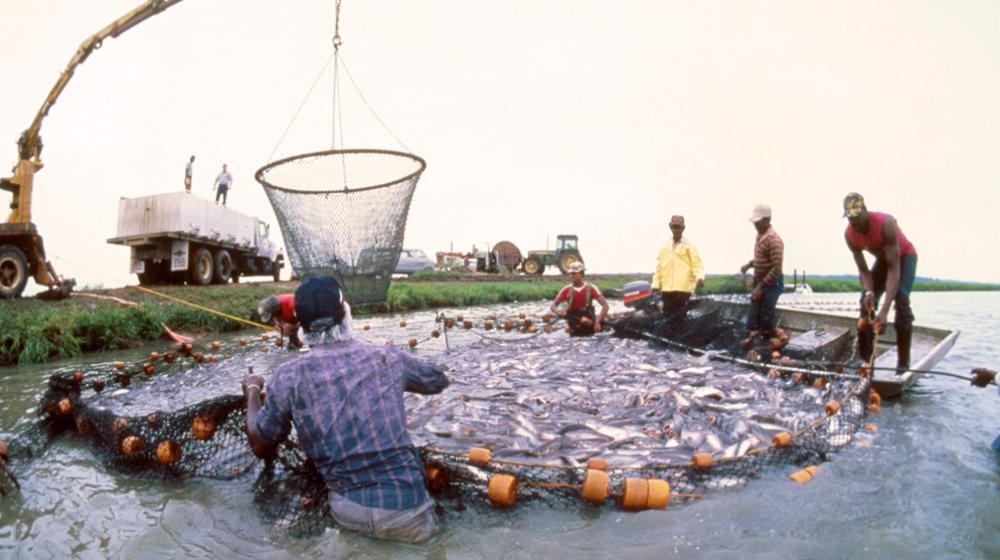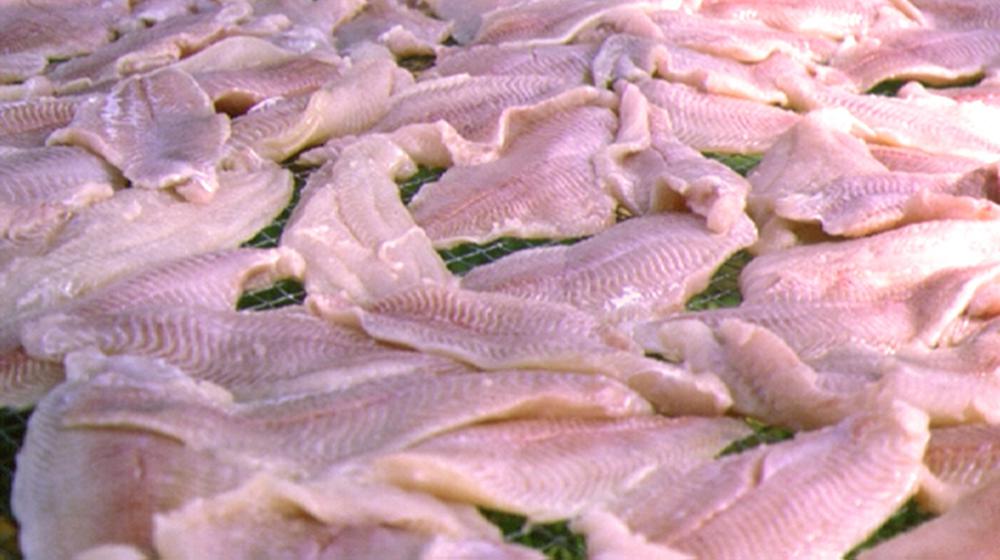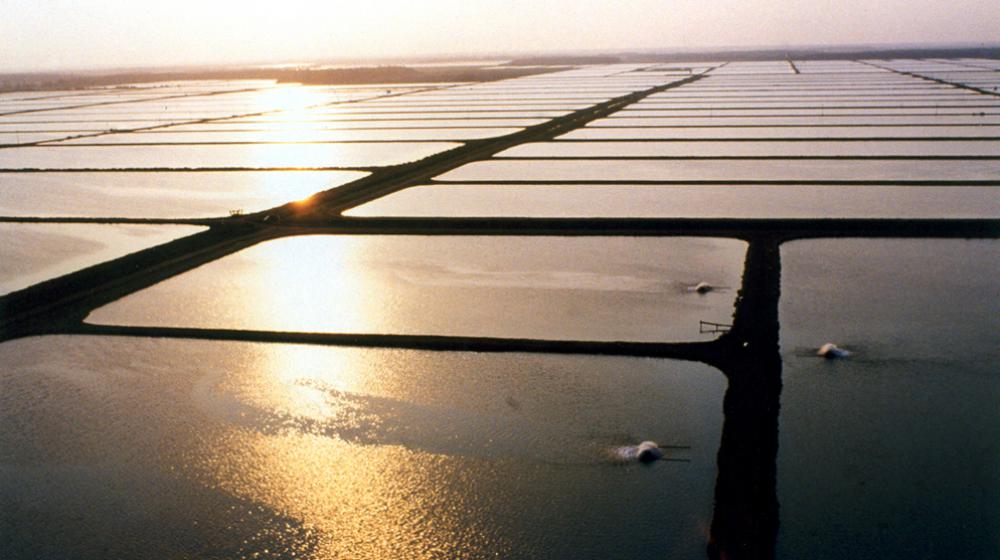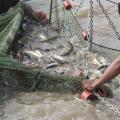Catfish
Publications
News
Coastal wetland conservation and restoration projects along the Mississippi Gulf Coast and beyond are running into a distinct challenge: there often aren’t enough locally sourced native plants readily available to complete these efforts.
The Mississippi State University Extension Service is meeting this problem head-on by enlisting plant enthusiasts to grow and sell these marsh plants. The effort is organized as the Native Plant Producer Network, or NPPN, and it was started in 2023.
STARKVILLE, Miss. -- Lower feed prices are providing some relief to Mississippi’s catfish producers, but many are still facing more than their share of obstacles just to break even.
While every job has stress points, few people go to work knowing they could lose hundreds of thousands of dollars in any given day. That is a reality for many in the agricultural sector, and mental health struggles are a frequent result.
Success Stories
With 3,000 acres of corn, soybeans, and cotton, row crops are the most abundantly grown commodity on Philip Good’s land, but he has made strides during nearly 45 years of farming to diversify his inventory.
Since 1994, she’s worked for Buck Island Seed Co., a business her brother co-founded with two other men in the same year. The company performs custom seed cleaning, treating, and blending for rice, soybeans, wheat, oats, and triticale, a small grain. Booth also raised various row crops with her husband on their Tunica County farm until his death in 2020. She now rents out the land to a producer who grows soybeans, corn, and triticale.
Catfish production continues in Mississippi, and despite labor shortages slowing processing, pond inventories remain strong. Superior Catfish, based in Noxubee County, continues distributing Mississippi-born and bred catfish nationwide.

